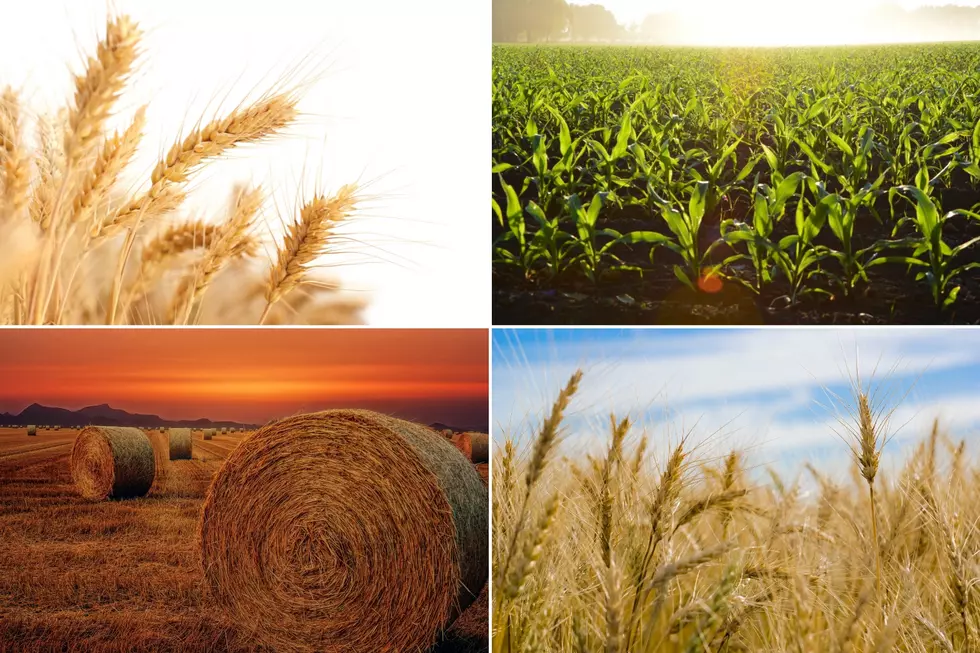
Economic Impact of Soil Health Management
MORRISVILLE, N.C. - The Soil Health Institute and National Association of Conservation Districts announced the results of a nationwide study that demonstrates how improving soil health can help farmers build resilience and improve profitability across a diversity of soil types, geographies, and cropping systems.
“We know practices like cover crops and no-till benefit the environment by storing soil carbon, reducing greenhouse gas emissions, and improving water quality,” said Dr. Wayne Honeycutt, President and CEO of the Soil Health Institute. “However, investing in soil health is also a business decision. This project provides farmers with the economic information they need to feel confident when making that decision.”
This multi-year and data-driven collaboration among the Soil Health Institute (SHI), the National Association of Conservation Districts (NACD), and the United States Department of Agriculture (USDA) Natural Resources Conservation Service (NRCS) assessed the economics of soil health management systems (SHMS) for a range of crops including canola, chickpea, corn, cotton, dried bean, grain sorghum, millet, pea, peanut, rye, soybean, sunflower, walnut, and wheat. Some of the operations also raised dairy cows, beef cattle, chickens, and hogs. SHI and NACD conducted extensive interviews with 30 farmers with an established history of successful implementation of a wide range of SHMS, including cover crops, no-till, reduced till, strip till, planting green, rotational grazing, livestock integration, and manure incorporation across 20 states. Interviews were designed to learn about farmers’ experiences with adopting those systems and to evaluate their economics by comparing the costs and benefits before and after practice adoption.
“Increasing the efficiency as well as resilience of farms and farm communities has never been more important,” said Jeremy Peters, NACD Chief Executive Officer. “We recognize that farmers must weigh the costs, risks, and overall benefits when introducing new practices into their operations. This project shows that soil health management systems are both feasible and profitable. Conservation Districts can provide hands-on technical assistance to producers to design a system of practices that make sense for their land, while helping enroll producers into programs that offer financial incentives that fit their business model.”
Key findings include:
- Across 29 farms, SHMS increased net farm income by an average of $65/acre (1 organic farm was excluded due to high revenue from price premiums).
- On average, when implementing SHMS, it cost producers $14/acre less to grow corn, $7/acre less to grow soybean and $16/acre less to grow all other crops.
- Yield increases due to SHMS were reported for 42% of farms growing corn, 32% of farms growing soybean, and 35% of farms growing other crops.
- Farmers also reported additional benefits of adopting SHMS, such as decreased erosion and soil compaction, earlier access to fields in wet years, and increased resilience to extreme weather.
“Soil health management practices help producers increase profits, reduce costs, and limit risks while conserving our nation’s resources,” said NRCS Chief Terry Cosby. “The results experienced by these 30 diverse farmers from across the country show the financial benefits of implementing soil health management systems across many different production systems, and highlight how critical voluntary conservation programs are to the viability of U.S. agriculture.”
Individual farmer videos, 2-page economic factsheets, and 1-page narratives have been created for each of the 30 farmers interviewed to support soil health education and outreach. Results from the wide range of farms, production systems, and geographies included in this national study indicate that many more farmers may also benefit economically from adopting SHMS, thereby expanding the associated on-farm and environmental benefits for farmers and society.
Source: National Association of Conservation Districts
10 Ways to Protect Yourself from Washington Mosquitoes
More From PNW Ag Network









